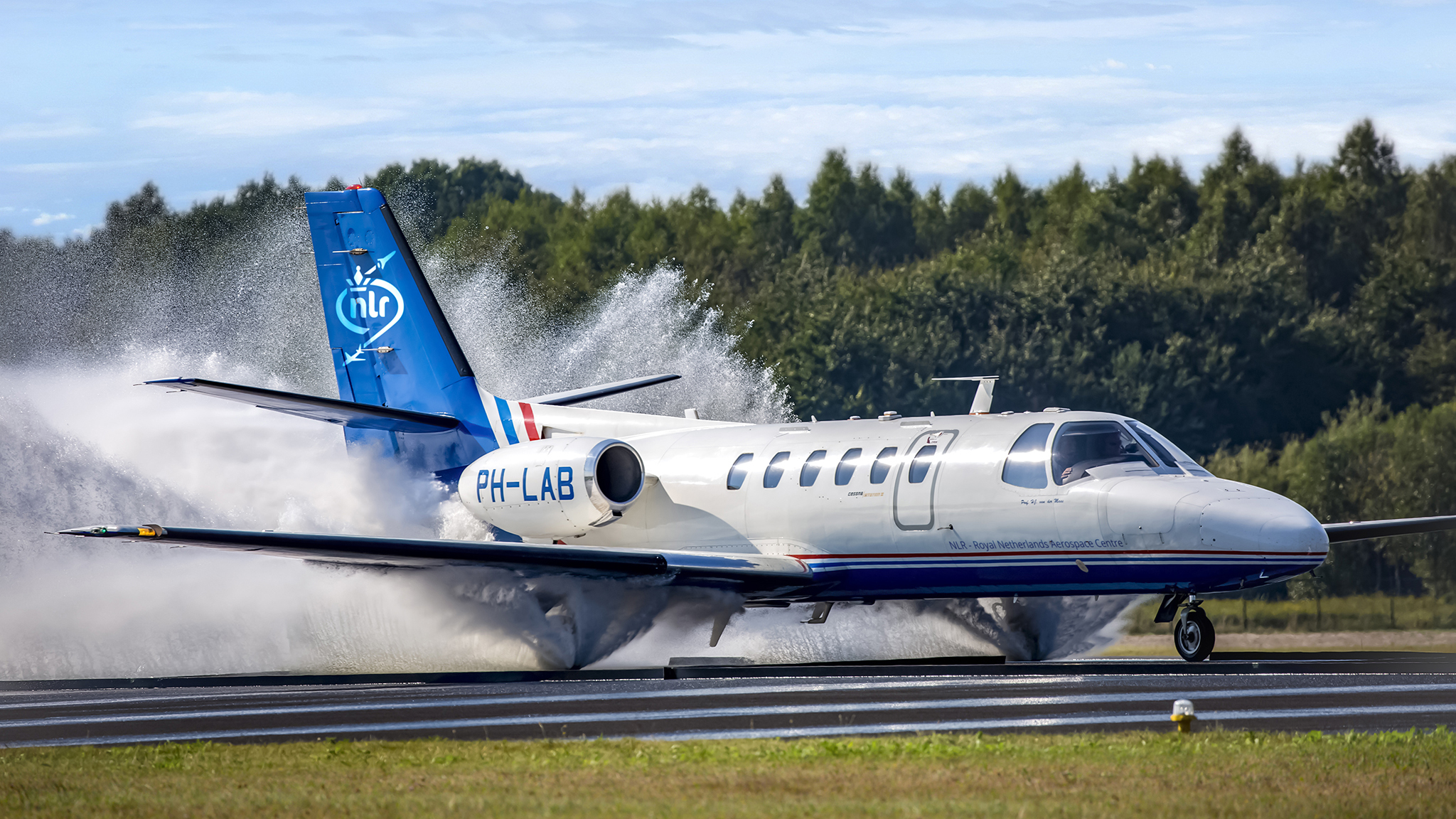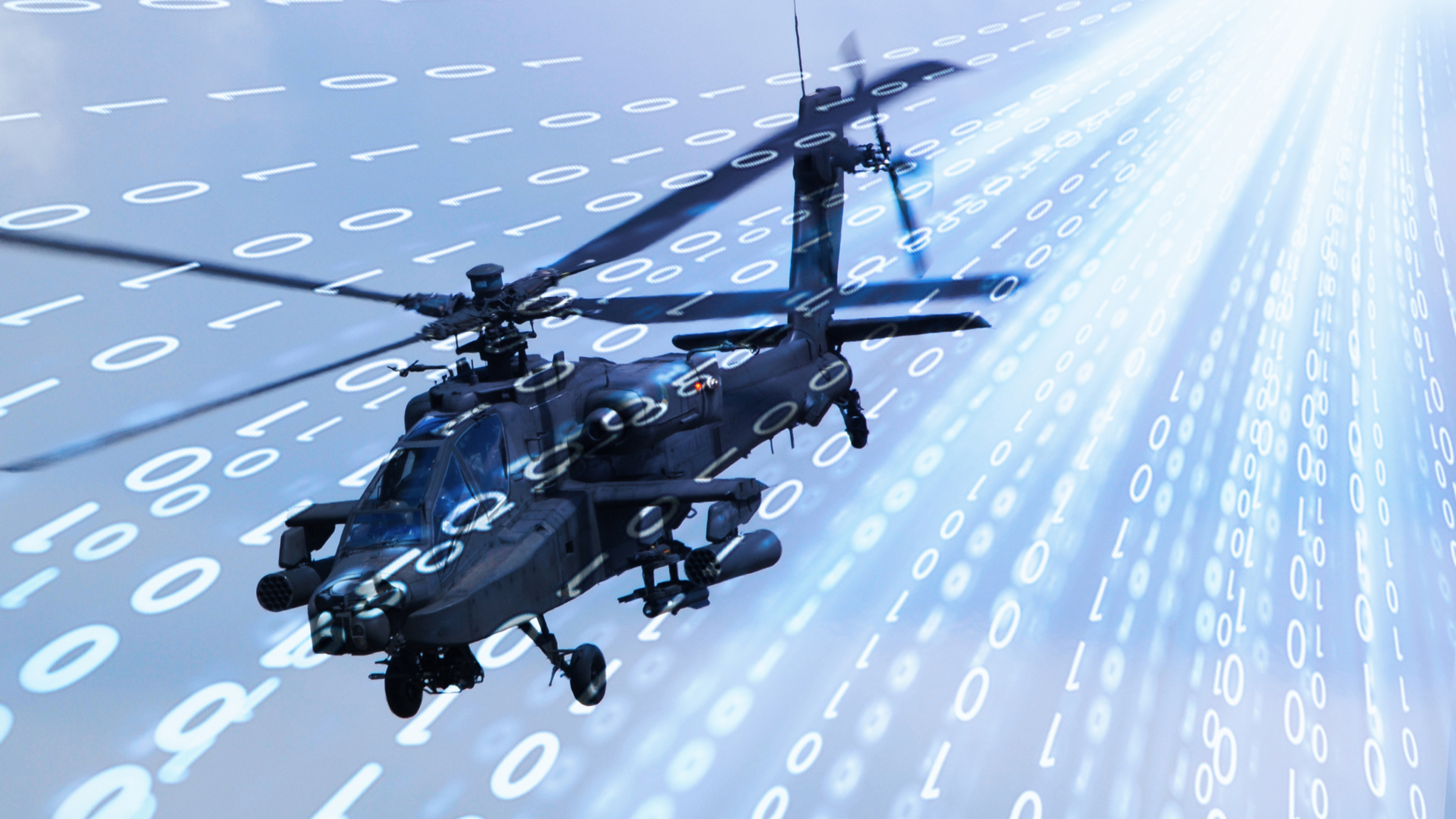
Programme
Information-driven operations
NLR supports the Dutch government in accelerating the transformation of its operational concepts and systems into information-driven operations. The focus lies on the tactical and operational processes within the aerospace domain. The goal is to speed up these processes, on the basis of better informed decisions.
“ Data is indispensable for a safe society”
Programme leader Antoine de Reus on the Information-driven operations knowledge programme
In the programme Information-driven operations, we will identify the bottlenecks in the existing information-driven operational processes together with our stakeholders and other external parties. Where possible and desired, NLR will assist in developing concrete solutions for these bottlenecks, in collaboration with commercial and academic market parties. We will continually involve the stakeholders in our research. In this way, they can give direction to and directly benefit from the results.
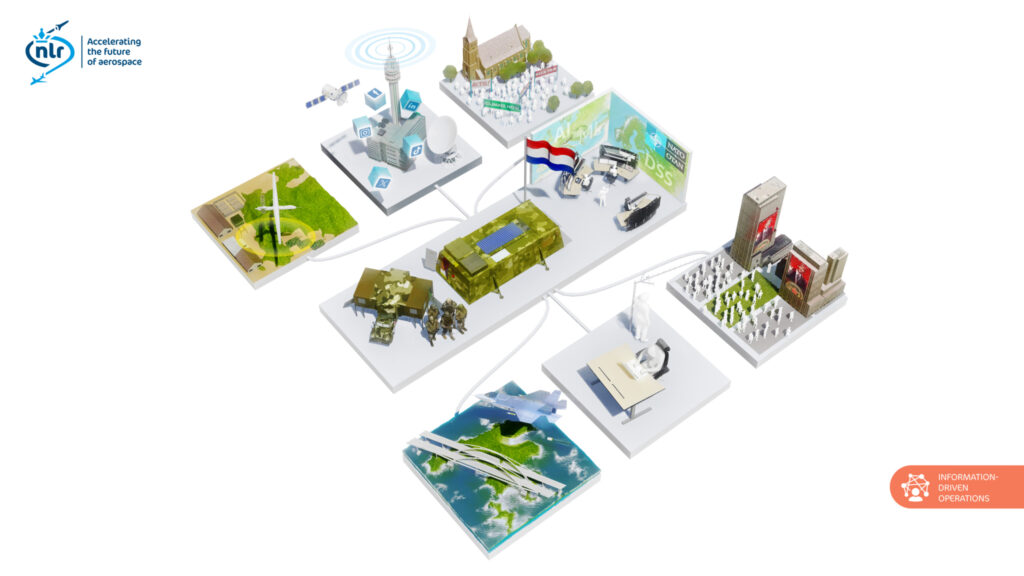
Some projects
Data generatie voor training en testing (DOE-MDO)
Within the DOE-MDO project, a literature review was first conducted to establish the applicable framework of concepts. A generic architecture was then designed for training, exercising, and experimentation, which was demonstrated as a proof-of-concept to showcase its functionality. Based on this literature review, tests were initiated with Large Language Models, designed to generate a virtual community and enable virtual community members to communicate with each other.
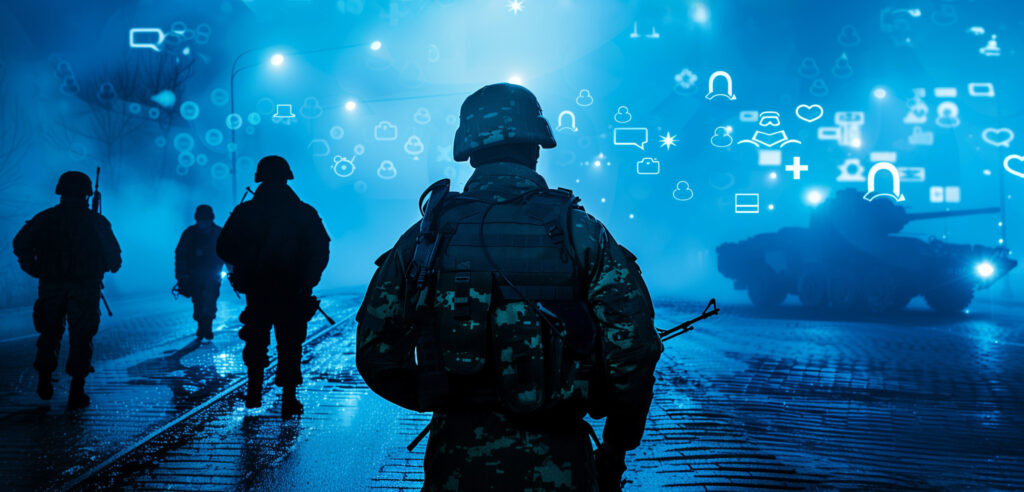
Modelling and simulation in the cyber domain
Research has been conducted into how modelling & simulation techniques can be applied for training and experimentation in the cyber domain within a multi-domain context. The research focuses on mapping the training and experimentation needs within the aerospace domain and developing concepts that translate these needs into relevant simulation tools.
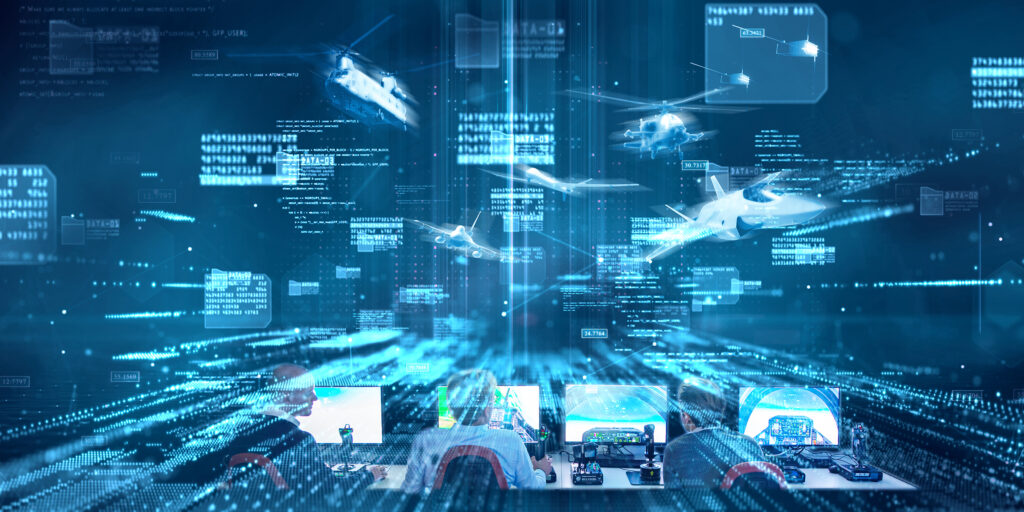
Earth observation
Satellite observations are becoming an increasingly valuable source of data for monitoring the Earth’s surface, rapidly transitioning from the technical/scientific domain to practical application in society and policy-making at the Dutch Ministry of Infrastructure and Water Management. Knowledge has been built on the potential of using high-resolution Synthetic Aperture Radar (SAR) satellite observations to monitor activities and phenomena, particularly ground banks and ground movement, including analysis of the influence of sensor-platform configurations and processing methodologies.
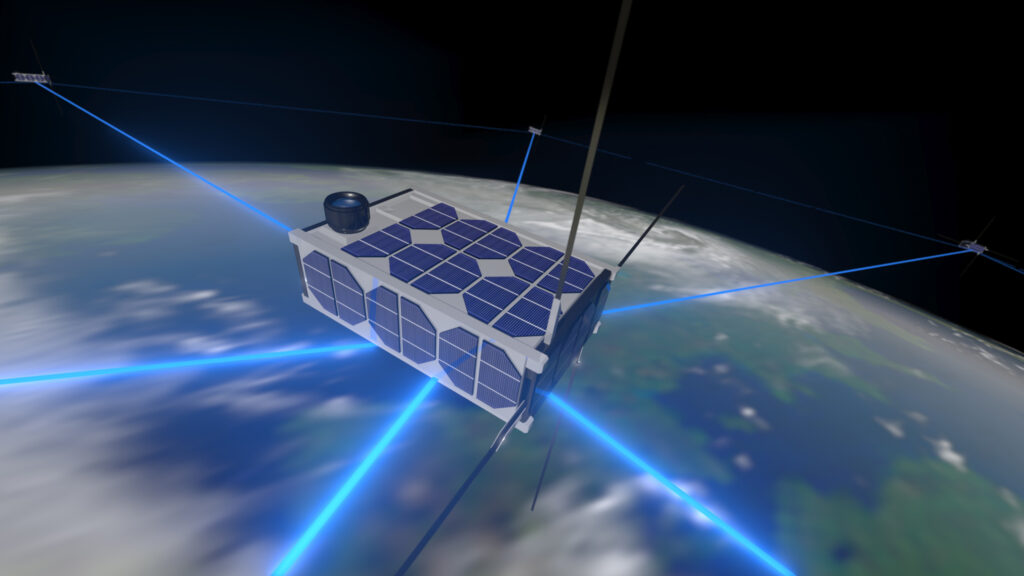
Discover more knowledge and technology
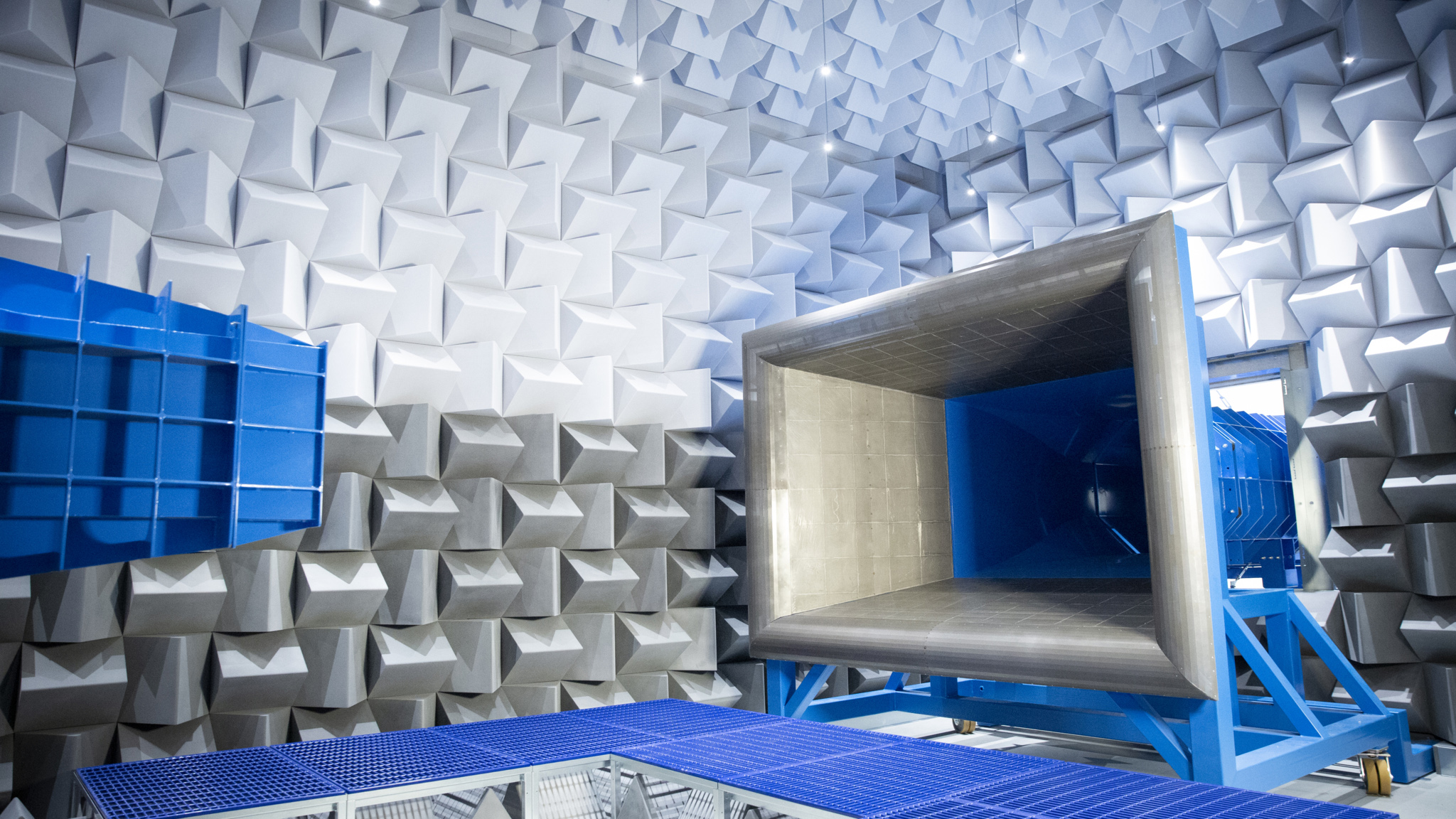
Research infrastructure
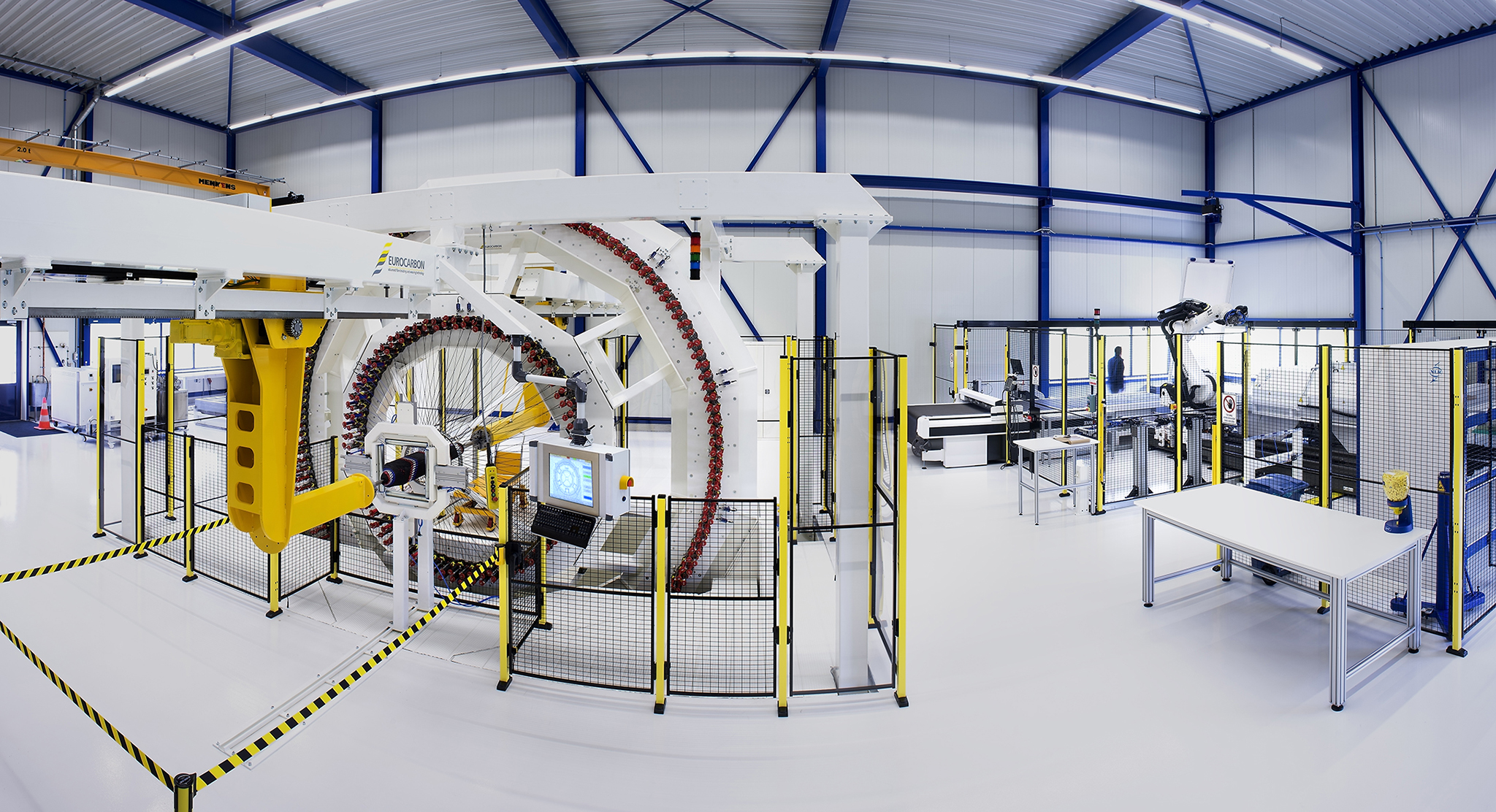
Areas of expertise
